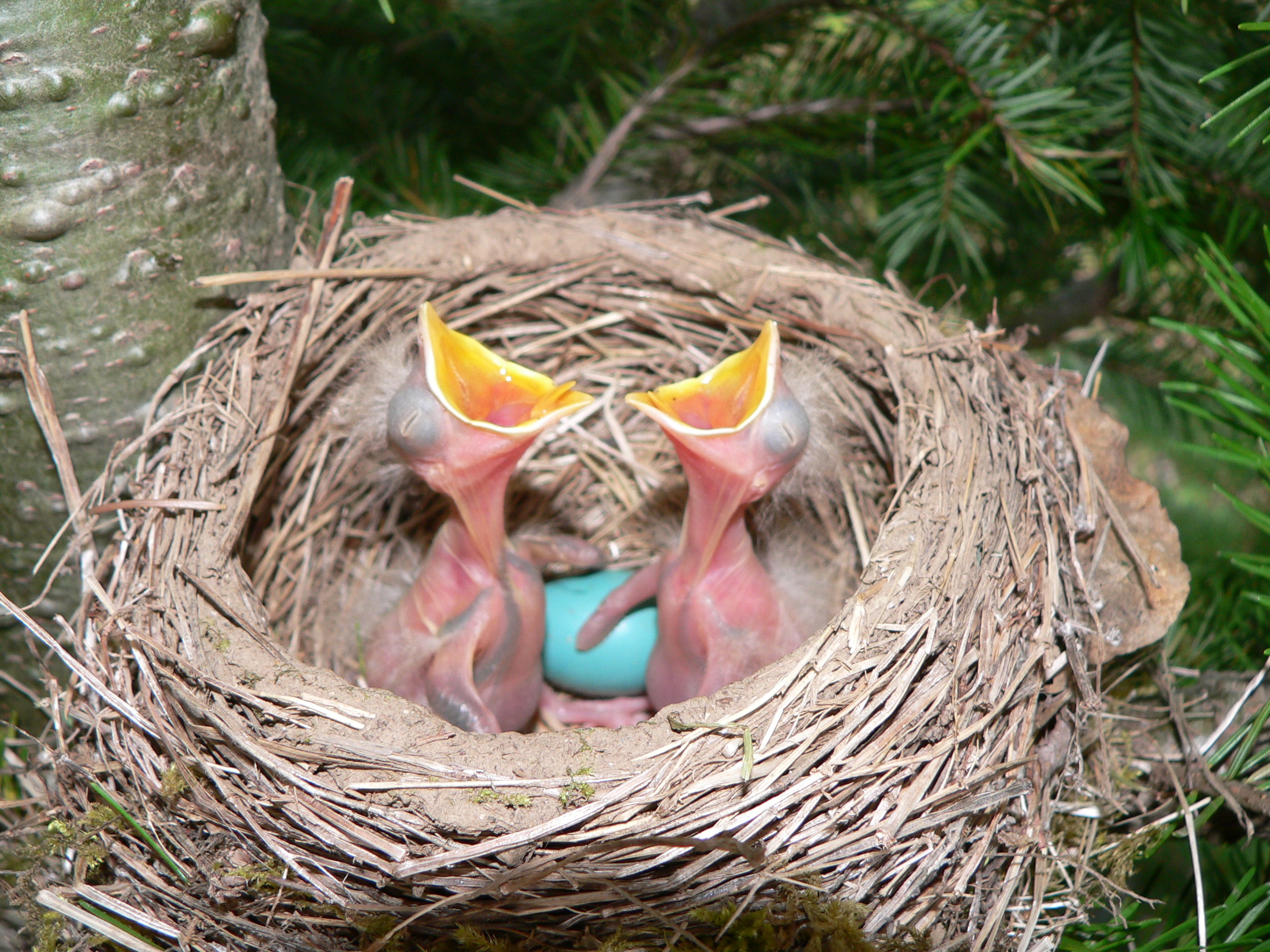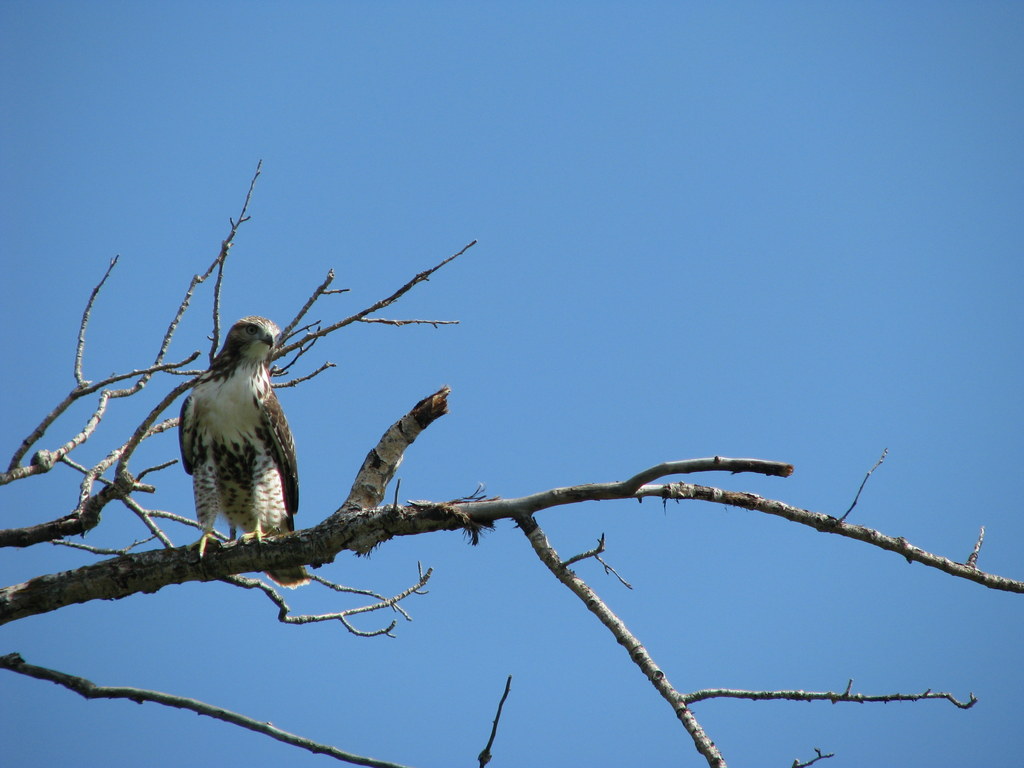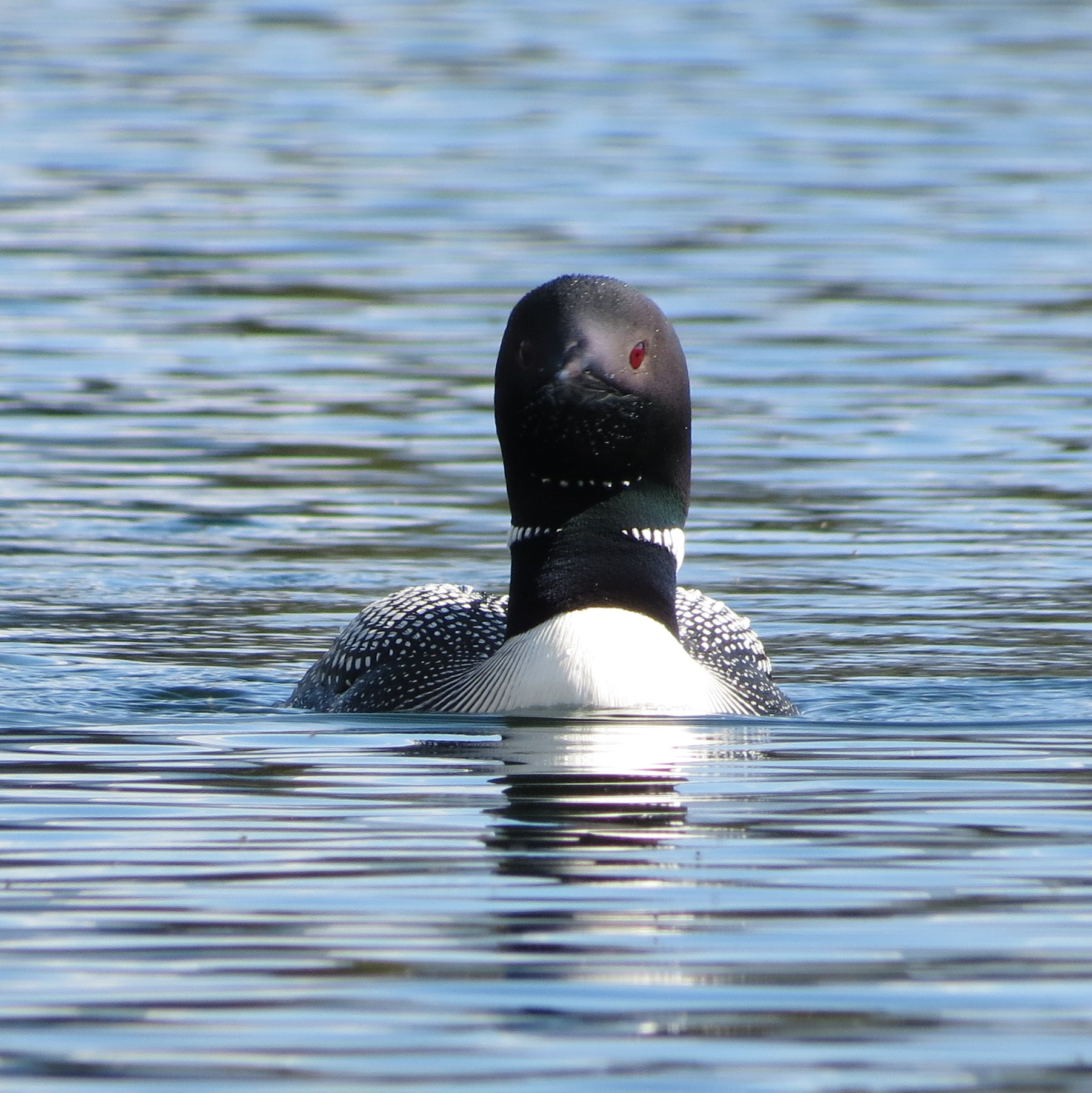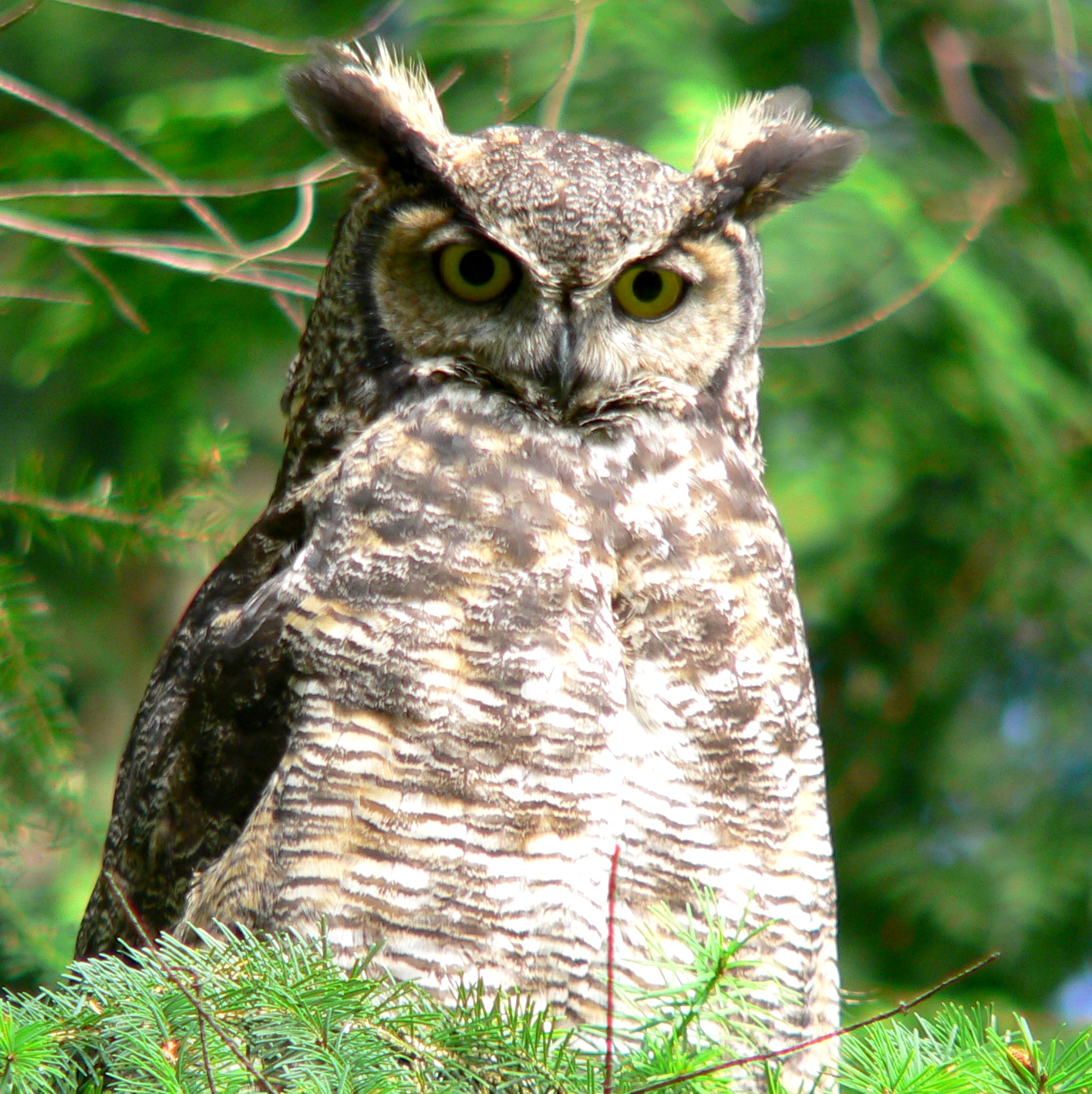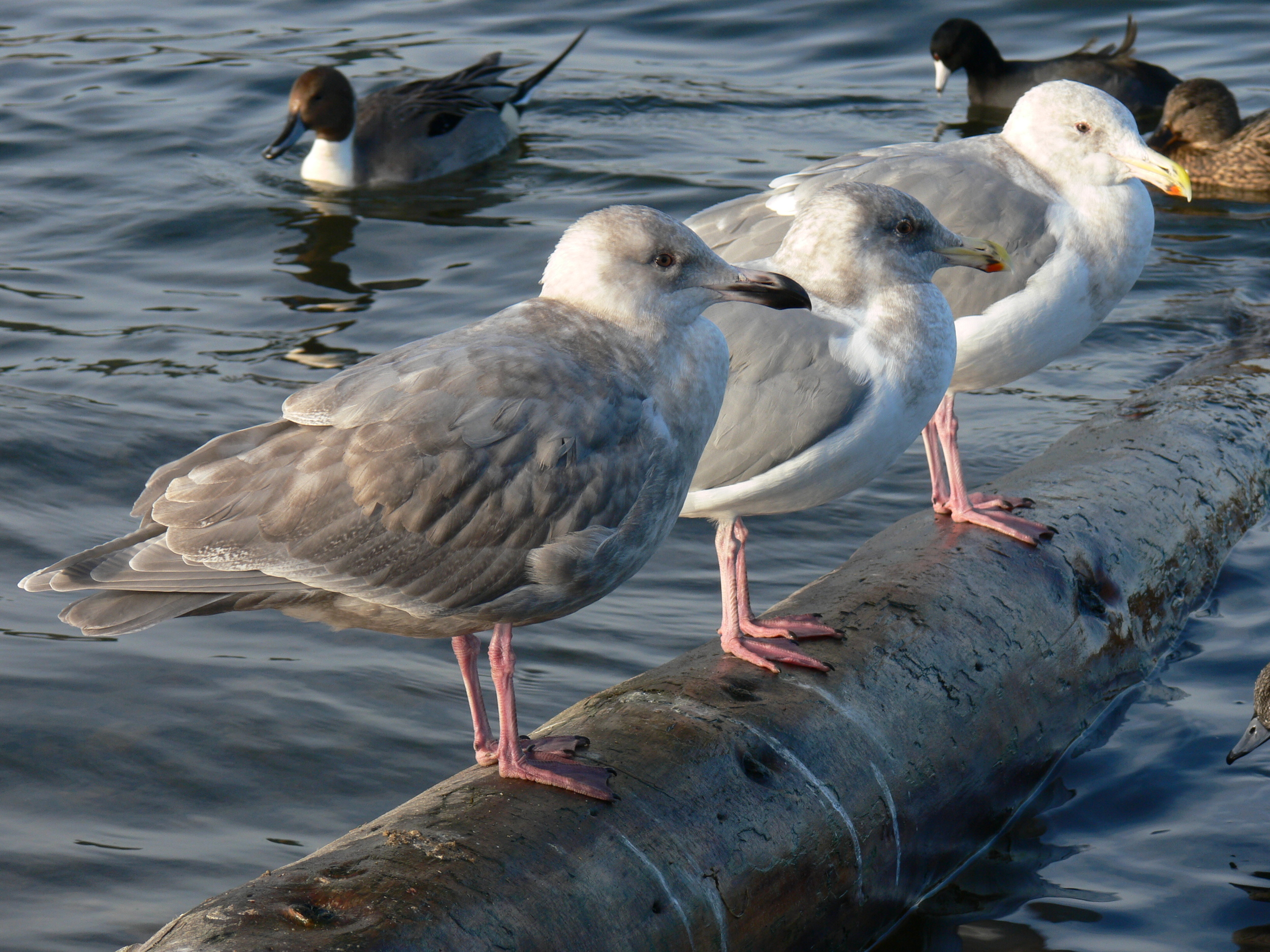Alberta is home to a wide variety of bird species, both small and large. To continue sharing the environment with these beautiful creatures, we need to be especially careful about how we dispose of our garbage. Littering is dangerous to all wildlife, but birds are affected in very particular ways.
For example, discarding unwanted food on the ground attracts land predators such as coyotes, foxes, or feral cats, which also prey on birds. As the food rots it draws insects such as ticks or mites, which can then jump onto birds and cause disease. Finally, the rotten food can be toxic to birds, since as it rots, it produces bacteria and chemicals which can be harmful.
Plastic products can cause severe issues if swallowed. Many birds are drawn to the bright colours of plastics, and swallow small pieces. However, birds can’t digest these items, and could eventually starve to death because their stomachs are blocked by the plastic. Broken plastic or metal items also have sharp edges and can cut birds inside and out.
Lead from such items as fishing weights or shot from shotgun shells will fall to the bottom of ponds, and is then ingested by bottom-feeding fish and ducks. This causes lead to accumulate in the animal’s vital organs and muscle tissue, and it eventually reaches lethal levels. When the fish or ducks are eaten by predators, such as eagles, this lead poison moves up the food chain, and the eagle or other predator begins to accumulate lead in its own body, from the poisoned prey.
Birds can become entangled in litter, such as fishing line or kite string. This can prevent the bird from flying or hunting for food, or cut off circulation to a limb, or even strangle them. String is sometimes collected for nesting material, and can cause a baby bird to get tangled up in it, so the baby never manages to get out of the nest.
Even small amounts of spilled liquids and oils stick to birds’ feathers and misaligns them. Birds rely on the intricate structure and alignment of their feathers to allow them to fly and for insulation. Birds also try to clean off oily liquids with their beaks, so they ingest the oil and get sick.
Littering can ultimately cause the birds in any area to move away, because litter contaminating their water and food supplies can make them less successful parents. When a nest is unsuccessful, birds tend to try again somewhere else. As their habitat diminishes, and birds increasingly move to a smaller space, resources begin to shrink. So littering can eventually lead to a reduction in the species population.
But you can help. With regular small efforts, you can prevent these problems.
- Pick up litter
- Tell others about the dangers of litter
- Reduce your use of disposable plastic products
- Reuse and recycle whatever you can
- Buy reusable grocery bags to cut down on plastic bag use
- Store your garbage bags in cans or bins
By A.J. Wells, EALT Volunteer

